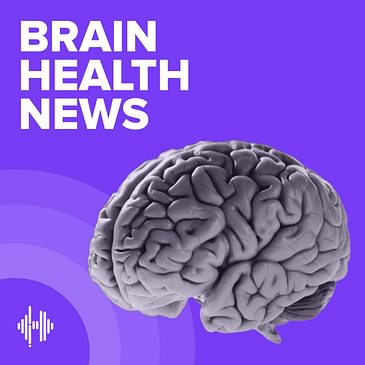This episode is hosted by Richard Lui, an author, filmmaker and anchor for NBC and MSNBC. He delves into the important topic of equity and its impact on different genders in relation to brain health.
Our guests, Dr. Antonella Santuccione Chadha and Shannon Cohn, share their expertise and personal stories to shed light on the disparities in healthcare, particularly in the context of Alzheimer's disease and another disease that affects over 200,000,000 girls and women: endometriosis.
Join us as we explore the crucial work being done to advocate for greater equity and understanding in brain health.
This episode was recorded at the World Economic Forum Annual Meeting in Davos Switzerland in January 2024.
The Brain Health News podcast, part of Health UNMUTED, was created by Mission Based Media in association with the Davos Alzheimer’s Collaborative.
00:00 Introduction to Brain Health and Equity
01:12 The Women's Brain Project
02:13 Unpacking Endometriosis
06:19 Personal Experiences Driving Passion
08:14 Below the Belt: A Social Justice Film
10:39 Gender Disparities in Alzheimer's
12:45 Receptiveness at Davos
15:15 Conclusion and Call to Action



